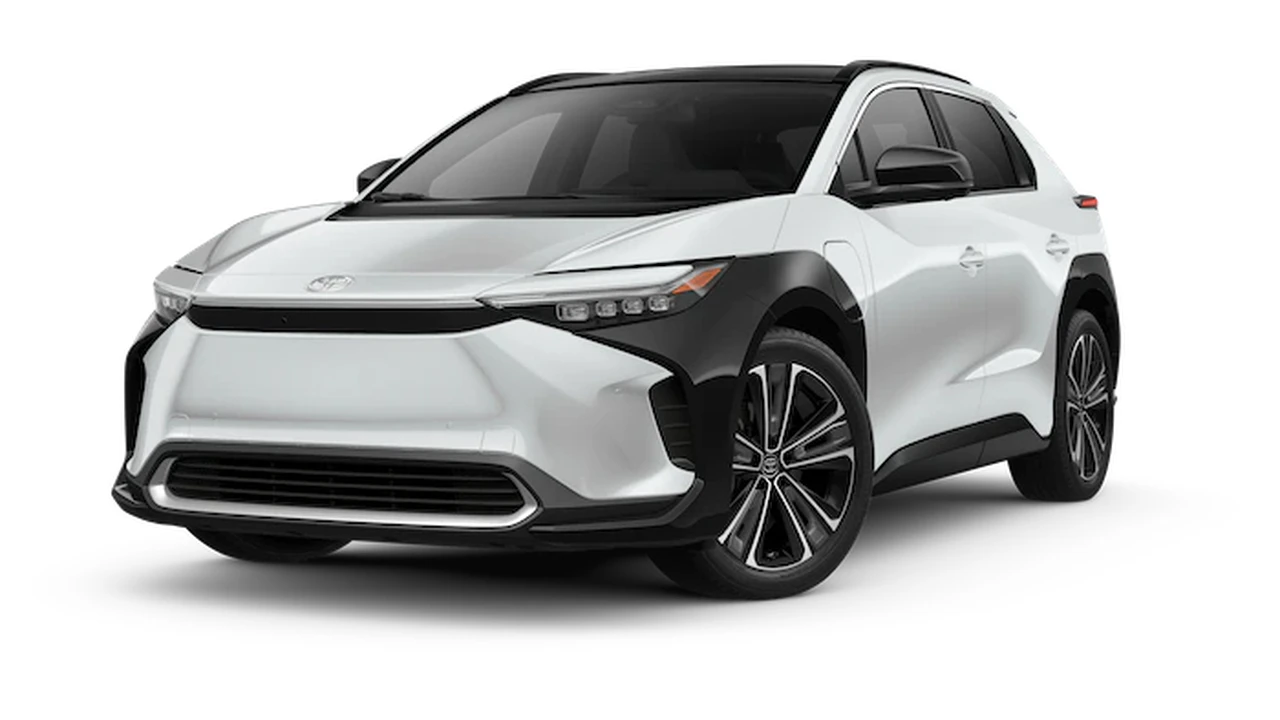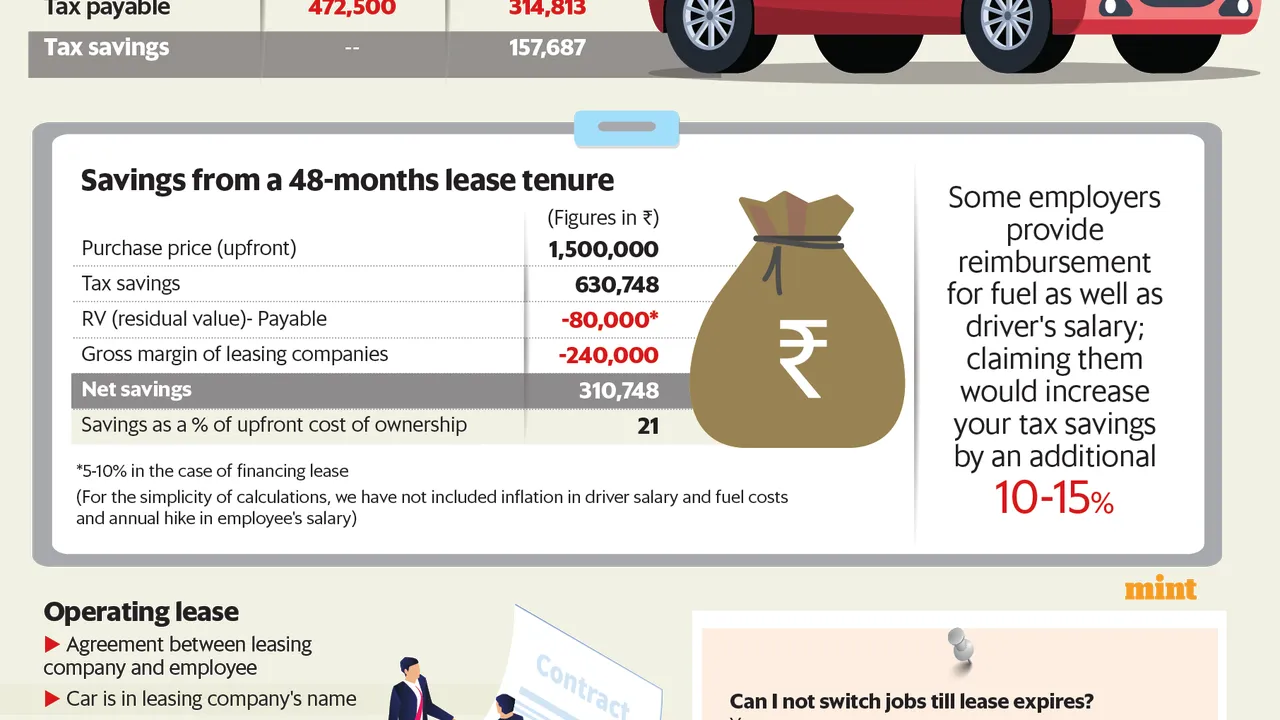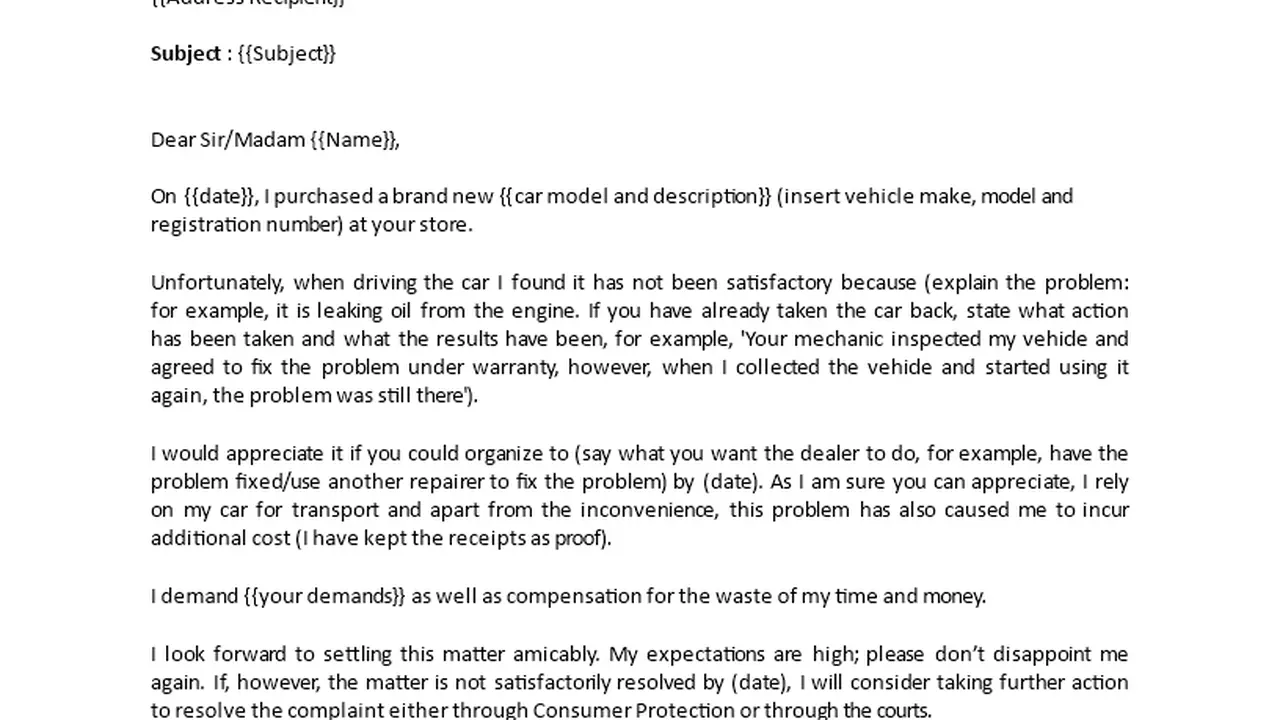Van Pools vs. Car Leases

Understanding the Basics Car Lease Alternatives and Commuting Options
Okay, so you're thinking about how to get to work, right? You're looking at options beyond just buying a car, and two big contenders pop up: van pools and car leases. Let's break down what each of these really *means* and who they're good for. A car lease is basically renting a car for a set period, usually a few years. You make monthly payments, and at the end of the lease, you give the car back. Van pooling, on the other hand, is a group of people sharing a ride in a van, usually to and from work. Think of it like a carpool, but bigger and often more organized.
Van Pools A Deep Dive into Group Commuting and Cost Savings
Let's get into the nitty-gritty of van pooling. The core idea is simple: share the ride, share the costs. Usually, a company or a third-party provider organizes the van pool. They handle the van, insurance, maintenance, and sometimes even the driving. The riders then pay a monthly fee to cover these expenses. The biggest advantages? Cost savings are HUGE. Think about splitting gas, tolls, and parking among a dozen people. Plus, you get to relax or catch up on work while someone else drives. It's also a greener option, reducing the number of cars on the road and lowering emissions. But, there are downsides. You're tied to a set schedule, and you're relying on everyone else being on time. If someone's late, everyone's late. And, let's be honest, spending hours in a van with the same people every day might not be everyone's cup of tea.
Car Leases Exploring Individual Transportation and Flexibility
Now, let's look at car leases. The appeal here is flexibility. You get to drive a brand-new car without the long-term commitment of buying. You can choose the car you want, drive it for a few years, and then swap it out for something new. This is great if you like having the latest technology and avoiding the hassle of selling a used car. Leases also often have lower monthly payments than car loans, which can be attractive if you're on a budget. However, you don't own the car at the end of the lease. You're essentially paying for the depreciation (the amount the car loses in value) during the lease term. There are also mileage restrictions. If you drive more than the agreed-upon mileage, you'll pay extra fees. And, if you decide to end the lease early, you'll likely face hefty penalties.
Cost Comparison Van Pools vs Car Leases Which is More Economical
Let's talk money. Van pools are almost always cheaper than car leases, especially if you're commuting a long distance. Think about it: you're splitting all the major costs. With a car lease, you're responsible for the entire monthly payment, insurance, maintenance, and gas. Plus, you have to factor in depreciation, which is a hidden cost of car ownership. A typical van pool might cost you a few hundred dollars a month, while a car lease could easily be double or triple that, especially for a newer or more luxurious vehicle. However, the exact cost of a van pool depends on factors like the distance you're commuting, the number of riders, and the type of van. Similarly, the cost of a car lease depends on the car's make and model, the lease term, and your credit score.
Convenience and Flexibility Analyzing the Pros and Cons of Each Option
This is where things get more nuanced. Car leases offer unparalleled convenience and flexibility. You can drive wherever you want, whenever you want. You're not tied to a fixed schedule or dependent on other people. Van pools, on the other hand, require more coordination and planning. You have to stick to the van pool's schedule, and you might have to make detours to pick up or drop off other riders. However, van pools offer their own kind of convenience. You can relax, read, or work during your commute, instead of having to focus on driving. Plus, you can socialize with your fellow riders and build relationships.
Environmental Impact Choosing the Greener Commute Van Pools and Sustainability
If you're concerned about the environment, van pools are the clear winner. By consolidating multiple commuters into a single vehicle, van pools significantly reduce the number of cars on the road, which translates to lower emissions and less traffic congestion. Car leases, while allowing you to choose a more fuel-efficient vehicle, still contribute to overall emissions. Plus, the constant cycle of leasing new cars every few years can be environmentally wasteful, as older leased vehicles are often resold or scrapped. Choosing a van pool is a tangible way to reduce your carbon footprint and contribute to a more sustainable transportation system.
Real-World Scenarios Who Benefits Most from Van Pools and Car Leases
Let's paint a picture. Imagine you live 50 miles from work and have a long, boring commute. A van pool would be a lifesaver. You could save money, reduce stress, and even get some work done during your commute. On the other hand, if you need a car for errands, weekend trips, or other personal use, a car lease might be a better fit. It gives you the freedom to go wherever you want, whenever you want, without having to rely on a group schedule. Consider your individual needs and lifestyle when making your decision. Are you primarily commuting to work, or do you need a car for a variety of purposes? Do you value cost savings above all else, or are you willing to pay more for convenience and flexibility?
Van Pool Etiquette Tips for a Smooth and Pleasant Commute
So, you've decided to join a van pool? Great! Here are a few tips to ensure a smooth and pleasant commute for everyone: Be on time! This is crucial. Everyone is relying on you to be punctual. Respect the driver. They're doing you a favor by driving. Keep the van clean. Don't leave trash or personal belongings behind. Be mindful of noise levels. Avoid loud conversations or disruptive behavior. Communicate any issues or concerns to the van pool organizer. And finally, be friendly and courteous to your fellow riders. A little bit of politeness goes a long way.
Car Lease Considerations Understanding the Fine Print and Avoiding Pitfalls
If you're leaning towards a car lease, be sure to do your homework. Read the lease agreement carefully and understand all the terms and conditions. Pay attention to the mileage restrictions, excess wear and tear charges, and early termination penalties. Shop around for the best lease deals and compare offers from different dealerships. Negotiate the price of the car and the monthly payments. And, be aware of any hidden fees or charges. It's also a good idea to get pre-approved for a lease before you start shopping. This will give you a better idea of your budget and help you negotiate a better deal.
The Future of Commuting Emerging Trends and Transportation Innovations
The way we commute is constantly evolving. With the rise of remote work and flexible schedules, traditional commuting patterns are changing. New transportation technologies, such as electric vehicles, autonomous vehicles, and ride-sharing services, are also disrupting the industry. Van pools are adapting to these changes by offering more flexible schedules and customized routes. Car leases are also evolving, with new leasing options that cater to different needs and lifestyles. As technology continues to advance, we can expect to see even more innovative commuting solutions in the future.
Van Pool Providers A Look at Different Services and Options
Several companies specialize in organizing and managing van pools. Some popular providers include vRide, Commute with Enterprise, and local transportation agencies. These providers typically handle all the logistics of the van pool, including providing the van, insurance, maintenance, and driver training. They also offer online platforms for riders to find and join van pools. When choosing a van pool provider, consider factors such as the availability of routes in your area, the cost of the service, and the level of customer support. You can also check online reviews and ratings to get a sense of the provider's reputation.
Car Lease Deals Finding the Best Offers and Incentives
Finding a good car lease deal requires some research and negotiation. Start by comparing lease offers from different dealerships and manufacturers. Look for incentives such as low monthly payments, zero down payment, and special financing rates. Be sure to read the fine print and understand all the terms and conditions of the lease. You can also use online tools to compare lease offers and estimate your monthly payments. Don't be afraid to negotiate with the dealership to get the best possible deal. And, be prepared to walk away if you're not happy with the offer.
Specific Van Pool Recommendations and Use Cases
While I can't endorse specific van pool providers without knowing your location, I can offer some general recommendations based on different use cases. For long-distance commuters (50+ miles each way), consider providers like vRide or Commute with Enterprise, which offer comprehensive services and a wide range of routes. For shorter commutes (10-30 miles each way), local transportation agencies or smaller van pool operators might be a better option. If you're looking for a more flexible schedule, some providers offer customized van pool options that allow you to adjust your commute times and routes. When evaluating different van pool options, consider factors such as the cost, the convenience, and the environmental impact.
Recommended Car Leases and Detailed Product Comparisons
Okay, let's dive into some specific car lease recommendations, keeping in mind that prices and availability can vary. We'll look at a few different segments and compare key features and costs. Remember to always check current incentives and lease terms with your local dealerships.
Compact and Fuel-Efficient: Honda Civic vs. Toyota Corolla
These are two perennial favorites for a reason: reliability, fuel efficiency, and affordability. * **Honda Civic Lease (2024 Model):** A Civic LX lease might run you around $250-$350 per month with a $2,000-$3,000 down payment for a 36-month lease. The Civic boasts excellent fuel economy (around 30 city/40 highway MPG), a comfortable interior, and a reputation for long-term reliability. It's a great choice for daily commuting and running errands. The base model is well-equipped, but higher trims offer more features like a sunroof, leather seats, and advanced safety technology. * **Toyota Corolla Lease (2024 Model):** A Corolla LE lease is typically in the same ballpark as the Civic, perhaps slightly cheaper at $230-$330 per month with a similar down payment. The Corolla offers a similar level of fuel efficiency (around 31 city/40 highway MPG), a comfortable ride, and Toyota's legendary reliability. It's a practical and dependable choice for budget-conscious drivers. Like the Civic, higher trims offer more features and amenities. * **Comparison:** Both are excellent choices. The Civic often has a slightly sportier feel, while the Corolla is known for its simplicity and dependability. Test drive both to see which you prefer.
Mid-Size Sedan: Toyota Camry vs. Honda Accord
Stepping up in size and luxury, these mid-size sedans offer more space and features. * **Toyota Camry Lease (2024 Model):** A Camry LE lease could be around $300-$400 per month with a $2,500-$3,500 down payment. The Camry offers a spacious interior, a comfortable ride, and a reputation for reliability. It's a great choice for families or those who need more room. Fuel economy is good (around 28 city/39 highway MPG). * **Honda Accord Lease (2024 Model):** An Accord LX lease is generally comparable to the Camry, perhaps slightly more expensive at $320-$420 per month with a similar down payment. The Accord offers a stylish design, a spacious interior, and a more engaging driving experience than the Camry. Fuel economy is excellent (around 29 city/37 highway MPG). * **Comparison:** The Accord often appeals to drivers who value style and performance, while the Camry is a more traditional and reliable choice. Again, test driving is key.
Small SUV: Hyundai Kona vs. Mazda CX-5
If you need a bit more versatility and cargo space, a small SUV might be the answer. * **Hyundai Kona Lease (2024 Model):** A Kona SE lease could be around $220-$320 per month with a $2,000-$3,000 down payment. The Kona is a stylish and fuel-efficient SUV that's perfect for city driving. It offers a surprisingly spacious interior for its size and a host of standard features. Fuel economy is excellent (around 29 city/35 highway MPG). * **Mazda CX-5 Lease (2024 Model):** A CX-5 Sport lease is typically more expensive, around $350-$450 per month with a similar down payment. The CX-5 offers a more premium feel, a more powerful engine, and a more engaging driving experience than the Kona. It's a great choice for those who value style and performance. Fuel economy is good (around 24 city/30 highway MPG). * **Comparison:** The Kona is a more affordable and fuel-efficient option, while the CX-5 offers a more luxurious and engaging driving experience.
Electric Vehicle (EV): Nissan LEAF vs. Chevy Bolt EV
Considering going electric? These are two affordable EV options. * **Nissan LEAF Lease (2024 Model):** A LEAF S lease can be surprisingly affordable, often with incentives bringing the monthly payment down to $200-$300 with a similar down payment. The LEAF offers a decent range (around 150 miles) and a comfortable ride. It's a great choice for commuting and running errands. * **Chevy Bolt EV Lease (2024 Model):** The Bolt EV often has similar or slightly lower lease rates than the LEAF, sometimes even with no down payment due to government incentives. The Bolt offers a longer range (around 259 miles) and a more modern interior than the LEAF.
Disclaimer: These are just estimates, and actual lease prices will vary depending on your location, credit score, and the current incentives offered by the manufacturer and dealership. Always check with your local dealerships for the most accurate information.
Understanding Lease Terms and Fees Decoding the Jargon
Lease agreements can be confusing. Here's a breakdown of some common terms: * **Capitalized Cost:** The agreed-upon price of the car. Negotiate this just like you would when buying a car. * **Residual Value:** The estimated value of the car at the end of the lease. This is determined by the leasing company. * **Money Factor:** The interest rate on the lease. It's usually expressed as a decimal. Multiply it by 2400 to get an approximate annual interest rate. * **Mileage Allowance:** The number of miles you're allowed to drive per year. Exceeding this will result in per-mile charges. * **Excess Wear and Tear:** Charges for damage beyond normal wear and tear. * **Acquisition Fee:** A fee charged by the leasing company to cover the costs of setting up the lease. * **Disposition Fee:** A fee charged by the leasing company at the end of the lease to cover the costs of selling the car.
Van Pool Safety Measures Ensuring a Secure Commute
Safety is paramount. Reputable van pool providers have strict safety protocols in place. These typically include: * **Driver Training:** Drivers undergo extensive training and background checks. * **Vehicle Maintenance:** Vans are regularly inspected and maintained. * **Insurance Coverage:** Comprehensive insurance coverage is in place to protect riders in case of an accident. * **Emergency Procedures:** Clear emergency procedures are established and communicated to riders. * **Distracted Driving Policies:** Strict policies are in place to prevent distracted driving.
The Impact of Fuel Prices on Commuting Decisions Van Pools and Car Leases in a Volatile Market
High fuel prices can significantly impact commuting costs and influence decisions about van pools and car leases. When gas prices spike, van pools become even more attractive as they allow commuters to split the cost of fuel. Car leases, on the other hand, can become more expensive if you're driving a fuel-inefficient vehicle. Consider the long-term fuel costs when making your decision. Electric vehicles and fuel-efficient hybrids are becoming increasingly popular as a way to mitigate the impact of rising fuel prices.
Tips for Negotiating a Better Car Lease Deal
Don't be afraid to negotiate! Here are some tips: * **Do Your Research:** Know the market value of the car and the current lease incentives. * **Negotiate the Capitalized Cost:** This is the most important factor affecting your monthly payment. * **Shop Around:** Get quotes from multiple dealerships. * **Be Prepared to Walk Away:** Don't feel pressured to sign a lease if you're not happy with the terms. * **Consider a Shorter Lease Term:** Shorter leases often have lower monthly payments. * **Negotiate the Mileage Allowance:** If you know you'll be driving more than the standard mileage allowance, negotiate a higher allowance upfront. * **Read the Fine Print:** Understand all the terms and conditions of the lease before you sign.
Alternative Transportation Options Beyond Van Pools and Car Leases
While van pools and car leases are popular options, there are other alternatives to consider: * **Public Transportation:** Buses, trains, and subways can be a cost-effective and convenient way to commute. * **Biking:** Biking is a healthy and environmentally friendly option for shorter commutes. * **Walking:** Walking is a great way to get exercise and enjoy the outdoors. * **Ride-Sharing Services:** Uber and Lyft can be a convenient option for occasional commutes or errands. * **Telecommuting:** Working from home can eliminate the need to commute altogether.
Final Thoughts Choosing the Right Commute for Your Needs
Ultimately, the best commuting option depends on your individual needs, lifestyle, and budget. Consider all the factors discussed in this article, weigh the pros and cons of each option, and make an informed decision that's right for you.
:max_bytes(150000):strip_icc()/277019-baked-pork-chops-with-cream-of-mushroom-soup-DDMFS-beauty-4x3-BG-7505-5762b731cf30447d9cbbbbbf387beafa.jpg)





